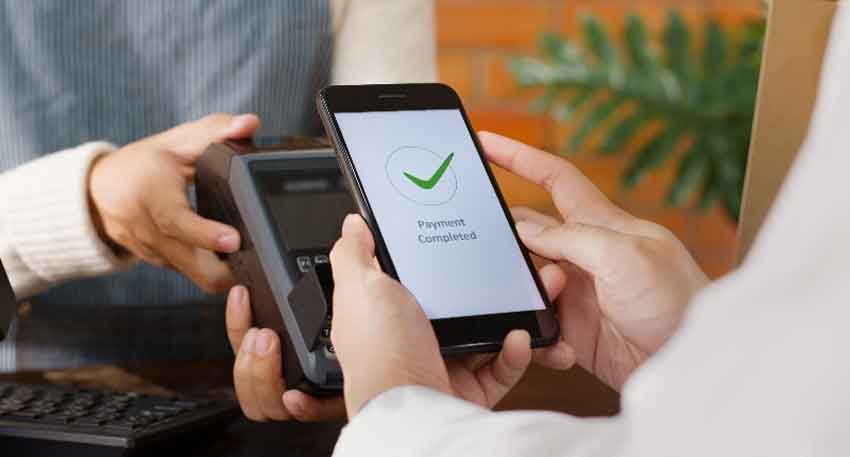
Chaired by Prime Minister Shehbaz Sharif, the committee will monitor and review the progress of cashless initiatives on a weekly basis—highlighting the government s commitment to reshaping Pakistan’s economic landscape.
During a recent meeting, the prime minister reiterated that the digitization of the economy is among the government’s top reform priorities. He emphasized that encouraging digital money transfers and cashless transactions is not only essential for economic transparency but also for making the financial system more accessible and inclusive.
In the federal budget for 2025–26, the government has proposed multiple initiatives to promote cashless transactions. These reforms aim to reduce dependency on the informal economy, a long-standing challenge that hampers tax collection and financial transparency. By shifting more economic activity to traceable digital platforms, the government aims to foster a more robust and regulated financial system.
Prime Minister Shehbaz Sharif cited the Ramazan fund transfers as a successful model for the cashless economy. Beneficiaries received their financial aid through digital wallets, ensuring the process was efficient, transparent, and free from human interference. This approach not only minimized corruption but also empowered recipients with greater financial control and dignity.
For everyday citizens, a cashless economy can be life-changing in several ways:
Ease and Safety: Digital payments reduce the risk of theft and make everyday transactions faster and more convenient.
Financial Inclusion: Mobile wallets and digital banking open doors for those who don’t have access to traditional banking services—especially in rural areas.
Transparency: It’s easier to track and manage finances when money flows are recorded digitally, reducing fraud and enabling better financial planning.
Lower Costs: Digital payments reduce the overhead of handling cash and often come with incentives like discounts or cashback.
Efficient Government Services: Subsidies, relief payments, and social aid can be delivered quickly and directly to citizens without middlemen.
Read more: Relief or strategy? Proposed tax on solar panels slashed after backlash
The meeting also included a briefing where it was revealed that traders have been instructed to adopt digital payments for both purchases and money transfers. Moreover, both the Finance Ministry and the Ministry of Information Technology are collaborating to create seamless platforms and regulatory frameworks to support the digital transition.
Federal ministers including Muhammad Aurangzeb, Ahad Khan Cheema, Shaza Fatima Khawaja, Bilal Azhar Kayani, and FBR Chairman, among other senior officials, attended the session—highlighting cross-ministerial commitment to this transformation.
The prime minister also pointed to encouraging signs in the economy, including a fall in inflation and a surge in foreign remittances. He noted that the bullish trend in the stock market reflects growing investor confidence in the government’s economic policies. “By the grace of Allah Almighty, the economic team’s efforts are beginning to bear fruit,” he remarked.
The government’s push toward a cashless economy is more than a technical upgrade—it’s a social and economic shift. For a country like Pakistan, where informal transactions dominate and access to formal banking remains limited for millions, digitization offers a path to greater inclusivity, transparency, and efficiency. If implemented with strong policies and public awareness, this transition could mark a milestone in Pakistan’s journey toward a resilient and modern economy.

